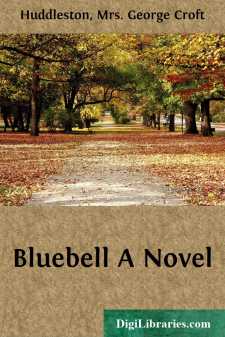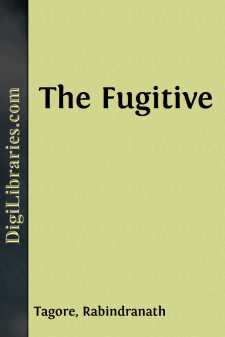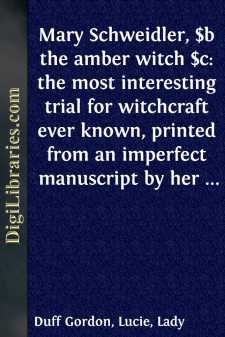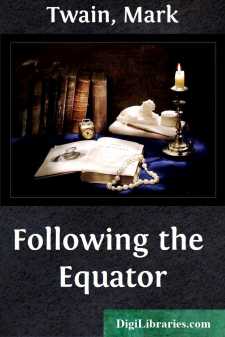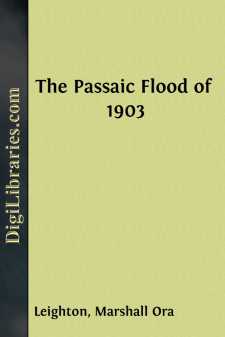Categories
- Antiques & Collectibles 13
- Architecture 36
- Art 48
- Bibles 22
- Biography & Autobiography 813
- Body, Mind & Spirit 142
- Business & Economics 28
- Children's Books 17
- Children's Fiction 14
- Computers 4
- Cooking 94
- Crafts & Hobbies 4
- Drama 346
- Education 46
- Family & Relationships 57
- Fiction 11829
- Games 19
- Gardening 17
- Health & Fitness 34
- History 1377
- House & Home 1
- Humor 147
- Juvenile Fiction 1873
- Juvenile Nonfiction 202
- Language Arts & Disciplines 88
- Law 16
- Literary Collections 686
- Literary Criticism 179
- Mathematics 13
- Medical 41
- Music 40
- Nature 179
- Non-Classifiable 1768
- Performing Arts 7
- Periodicals 1453
- Philosophy 64
- Photography 2
- Poetry 896
- Political Science 203
- Psychology 42
- Reference 154
- Religion 513
- Science 126
- Self-Help 84
- Social Science 81
- Sports & Recreation 34
- Study Aids 3
- Technology & Engineering 59
- Transportation 23
- Travel 463
- True Crime 29
Sort by:
SWEET SEVENTEEN.I see her now—the vision fair,Of candour, innocence, and truth,Stand tiptoe on the verge of air,'Twixt childhood and unstable youth. It was the "fall" in Canada, and the leaves were dying royally in purple, crimson and gold. On the edge of a common, skirting a well-known city of Ontario, stood a small, rough-cast cottage, behind which the sun was setting with a red...
more...
Darkly you sweep on, Eternal Fugitive, round whose bodiless rush stagnant space frets into eddying bubbles of light. Is your heart lost to the Lover calling you across his immeasurable loneliness? Is the aching urgency of your haste the sole reason why your tangled tresses break into stormy riot and pearls of fire roll along your path as from a broken necklace? Your fleeting steps kiss the dust of this...
more...
CHAPTER I GIVES AN ACCOUNT OF OUR VILLAGE AND THE FIRST GLIMPSE OF THE DIAMOND When I came up to town for my second year, my aunt Hoggarty made me a present of a diamond-pin; that is to say, it was not a diamond-pin then, but a large old-fashioned locket, of Dublin manufacture in the year 1795, which the late Mr. Hoggarty used to sport at the Lord Lieutenant’s balls and elsewhere. He wore it, he...
more...
PREFACE In laying before the public this deeply affecting and romantic trial, which I have not without reason called on the title-page the most interesting of all trials for witchcraft ever known, I will first give some account of the history of the manuscript. At Coserow, in the Island of Usedom, my former cure, the same which was held by our worthy author some two hundred years ago, there existed...
more...
FROM MANHATTAN TO EL MORRO The steamer is to sail at one P.M.; and, by half-past twelve, her decks are full, and the mud and snow of the pier are well trodden by men and horses. Coaches drive down furiously, and nervous passengers put their heads out to see if the steamer is off before her time; and on the decks, and in the gangways, inexperienced passengers run against everybody, and mistake the...
more...
by:
Mark Twain
On the seventh day out we saw a dim vast bulk standing up out of the wastes of the Pacific and knew that that spectral promontory was Diamond Head, a piece of this world which I had not seen before for twenty-nine years. So we were nearing Honolulu, the capital city of the Sandwich Islands—those islands which to me were Paradise; a Paradise which I had been longing all those years to see again. Not...
more...
A word of explanation may help to an understanding of this record of a brief journey in China, in 1911, in the last quiet months before the revolution. No one who has ever known the joy of hunting impressions of strange peoples and strange lands in the out-of-the-way corners of the world can ever feel quite free again, for he hears always a compelling voice that "calls him night and day" to go...
more...
by:
Susan Warner
THE SEWING SOCIETY. I am thinking of a little brown house, somewhere in the wilds of New England. I wish I could make my readers see it as it was, one June afternoon some years ago. Not for anything very remarkable about it; there are thousands of such houses scattered among our hills and valleys; nevertheless one understands any life story the better for knowing amid what sort of scenes it was...
more...
Crescent and Iron Cross, Chapter ITHE THEORY OF THE OLD TURKSThe maker of phrases plies a dangerous trade. Very often his phrase is applicable for the moment and for the situation in view of which he coined it, but his coin has only a temporary validity: it is good for a month or for a year, or for whatever period during which the crisis lasts, and after that it lapses again into a mere token, a thing...
more...
INTRODUCTION. In the following pages is given a brief history of the disastrous flood which occurred in the Passaic River Basin in October, 1903. In the report by George Buell Hollister and the writer, entitled "The Passaic Flood of 1902," and published by the United States Geological Survey as Water-Supply and Irrigation Paper No. 88, are discussed the principal physiographic features of the...
more...


